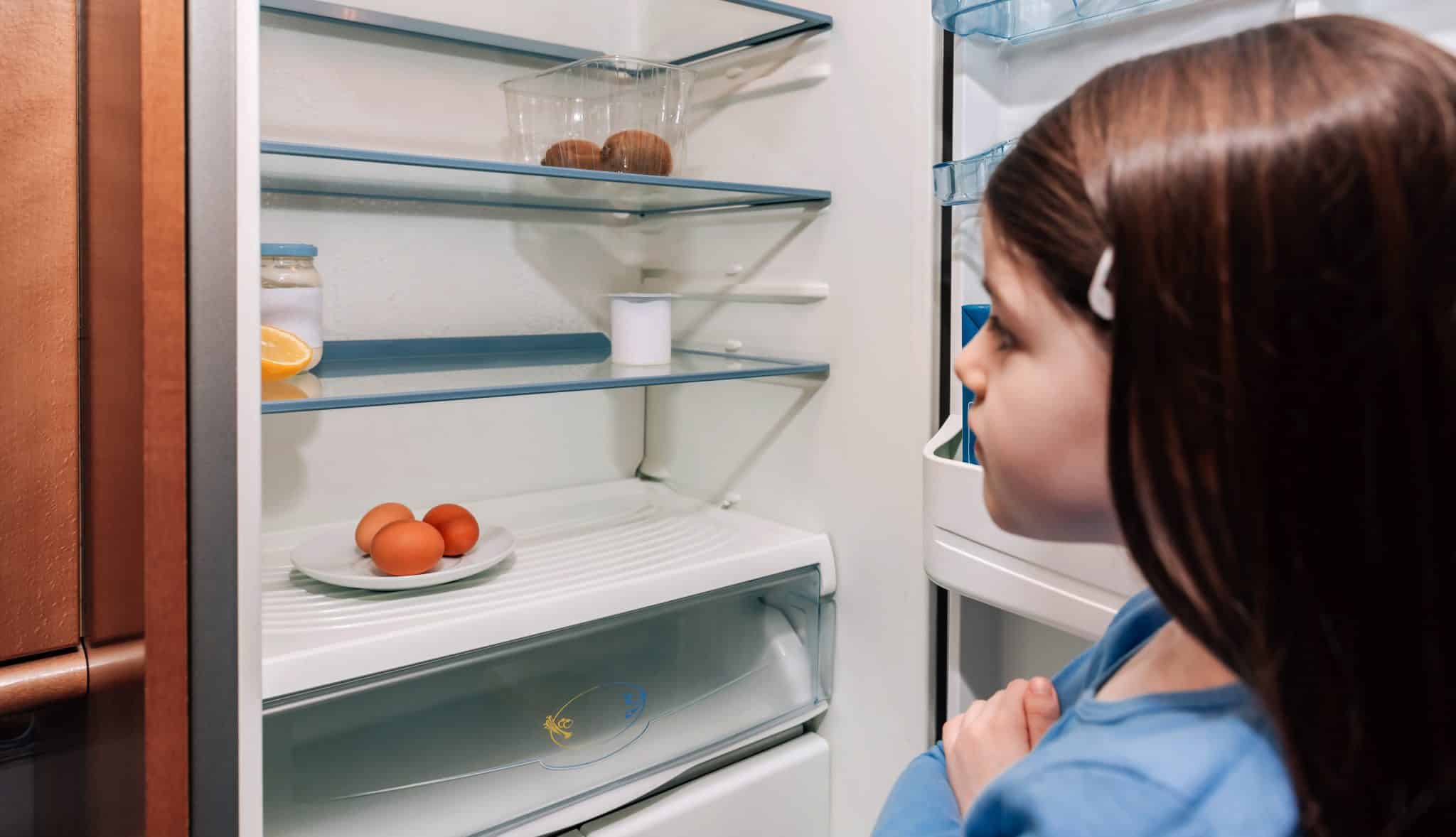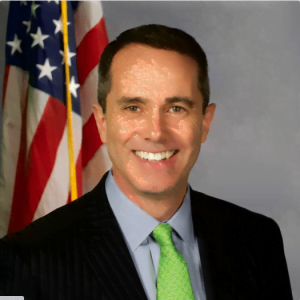Thirty-five years ago, I was a young law student at Penn working at a student-run clinic for food stamp recipients at Community Legal Services’ offices at 52nd and Chestnut Streets in West Philadelphia. It was there that I met my wife, Ronni, who was a fellow student volunteer, and it was there that I spent my first summer in law school handling the claims of people who had been wrongly denied benefits. By the time I graduated, I was the student supervisor of the clinic, having represented scores of clients, all of whom were able to get their food stamps restored.
I have been reflecting on that experience lately with the news from Washington that Donald Trump’s so-called “big beautiful bill” would likely result in SNAP benefits disappearing in Pennsylvania. SNAP, which stands for Supplemental Nutrition Assistance Program, is the successor to the old Food Stamps Program. The changes proposed in the bill have just passed the House, and once President Trump signs it into law Pennsylvania will soon not have the funds necessary to run the program.
My clients at the food stamp clinic were mostly single moms, who were holding down multiple jobs. They were part of what economists refer to as the working poor. The food stamps that they received through the state were the difference between feeding themselves and their children or going hungry.
Accordingly, the benefits were not, by definition, waste. Moreover, the women receiving them were not committing fraud; they were simply trying to feed themselves and their children because their income was not sufficient to put sufficient food on the table. And to the extent that there was any abuse going on, it was being perpetrated by the old Department of Public Welfare, which administered the program in Pennsylvania, but which all too often cavalierly denied benefits because caseworkers had not sufficiently reviewed the recipient’s file.
We live in one of the wealthiest countries on Earth. It is a disgrace that anyone should go to bed hungry at night, let alone children, who, as they did 35 years ago, still make up the largest group of people getting benefits under SNAP. As a country, we can and must do better.







